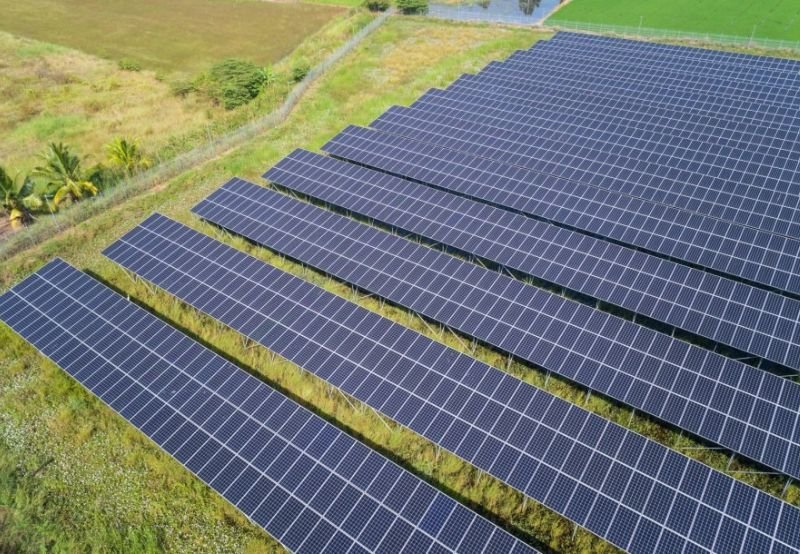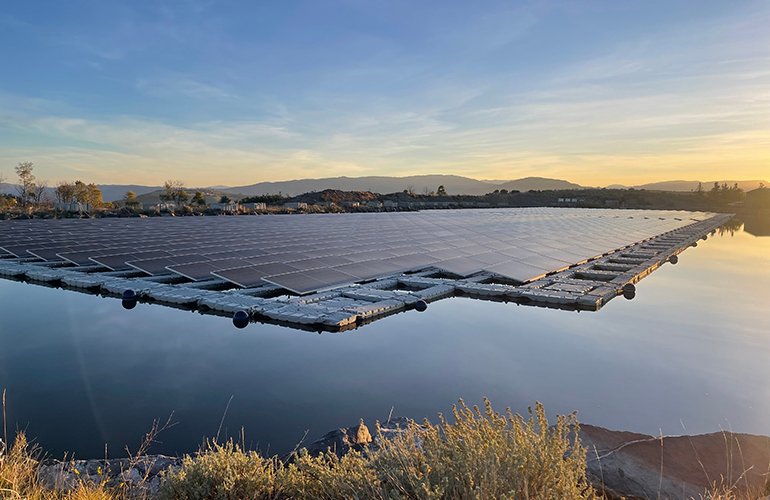NTPC Green Seeks Coordinating Agency for 250 MW Andhra Pradesh Solar Project
NTPC Green Energy has invited bids for a Qualified Coordinating Agency (QCA) to manage forecasting, scheduling, and grid integration for its 250 MW solar project in Anantapur, Andhra Pradesh. The submission deadline is July 22, 2025, with bids opening the same day.
Strategic Importance for India’s Renewable Growth
This project marks another milestone in India’s renewable energy expansion. Anantapur’s high solar irradiance makes it ideal for large-scale projects, though grid integration remains challenging. The QCA’s role will be crucial for maintaining grid stability and maximizing efficiency.
Critical QCA Responsibilities
The selected agency must deliver:
- Advanced solar generation forecasts
- Precision scheduling solutions
- Seamless grid portal integration
Failure to meet these requirements could jeopardize region’s renewable energy targets.
Bid Specifications and Evaluation Criteria
Bidders must demonstrate:
- Experience with 100+ MW projects
- Proficiency with SECI scheduling protocols
- Financial stability and technical expertise
NTPC will strictly evaluate all proposals after recent contractor performance issues.
Advanced Forecasting Requirements
The project requires cutting-edge solar forecasting combining:
- Weather pattern analysis
- Machine learning algorithms
- Real-time monitoring systems
This multi-layered approach prevents grid instability from unexpected weather events.
Project Timeline and Next Steps
Key milestones include:
- July 22, 2025: Hard bid deadline
- 3-year initial contract term
- Performance-based extensions available
The winning bidder will coordinate with NTPC’s Gurugram office, with virtual participation options available.
Broader Grid Implications
This project advances India’s renewable energy capacity while testing new grid management approaches. Successful execution could influence similar projects across Gujarat and other high-potential regions.
Anantapur’s solar development continues with improved community engagement, including profit-sharing agreements that address previous land use concerns.






